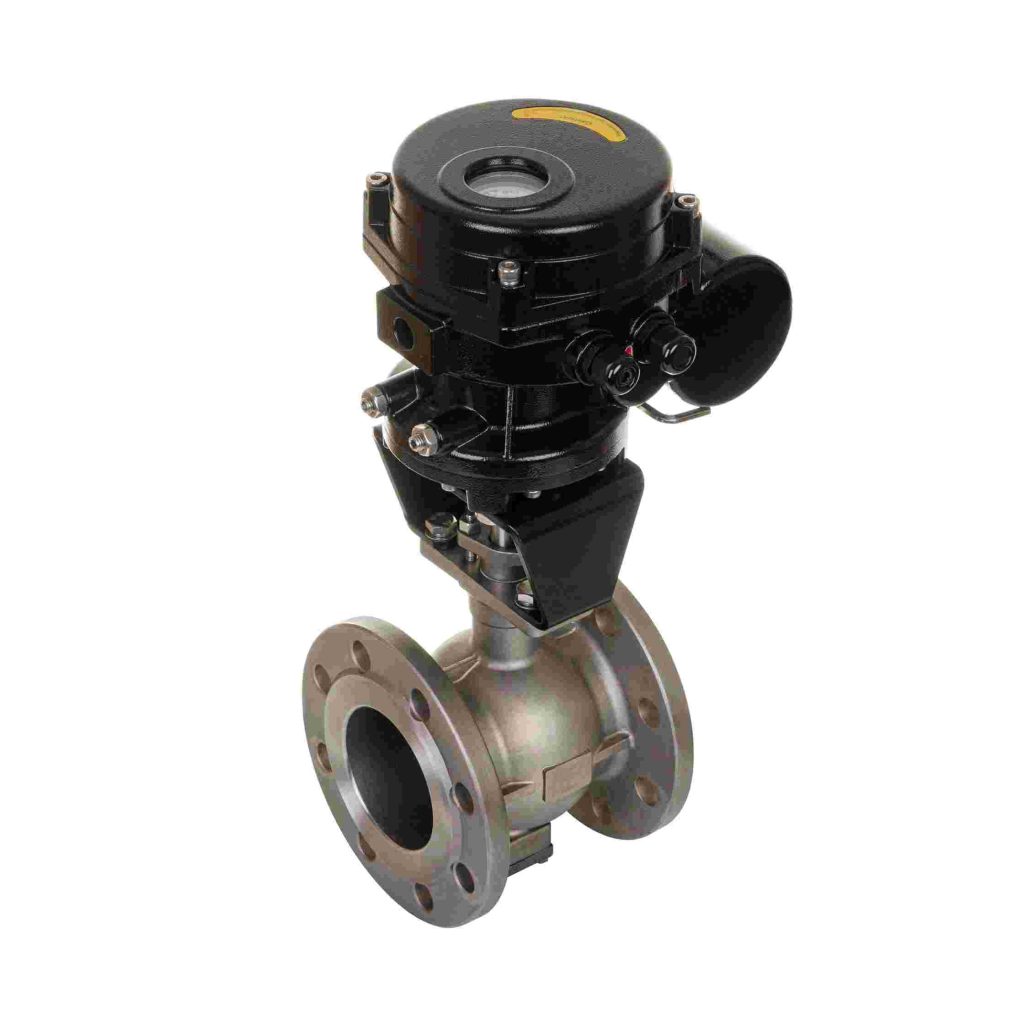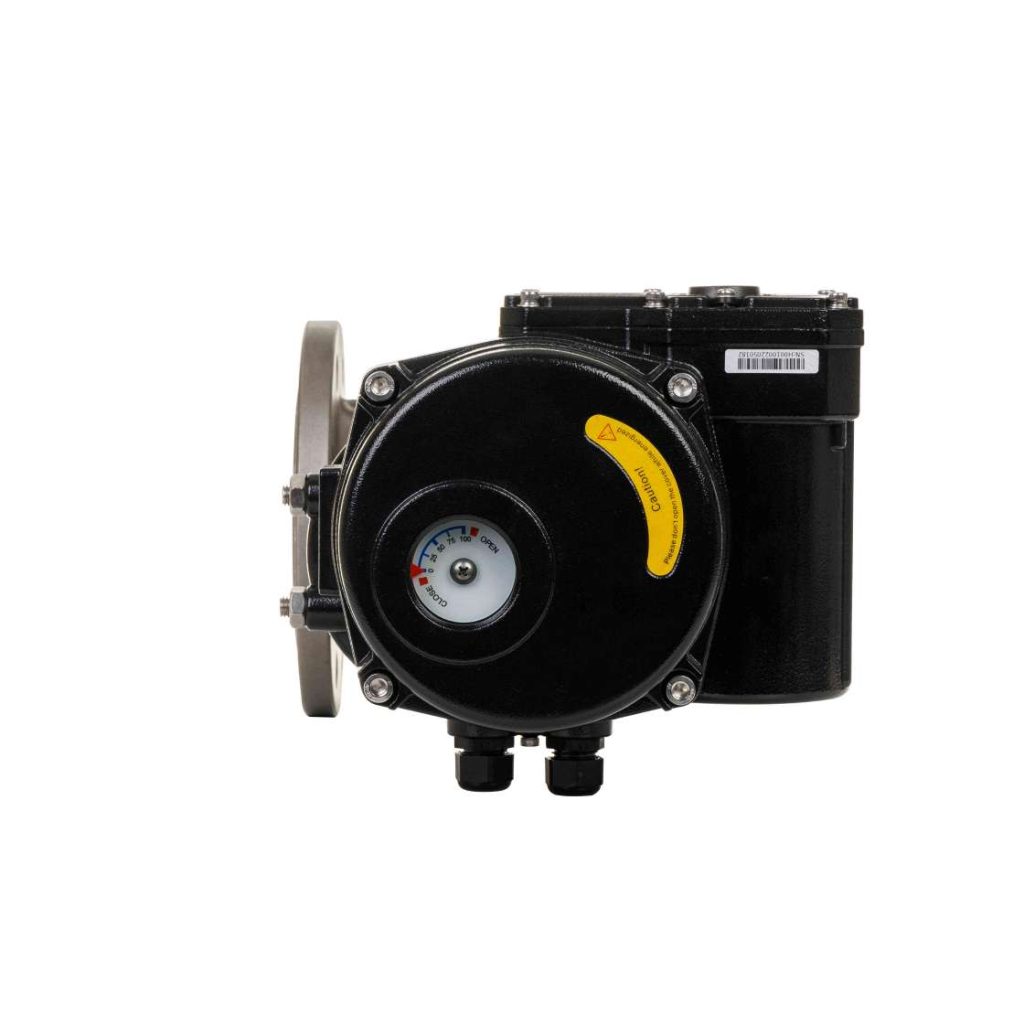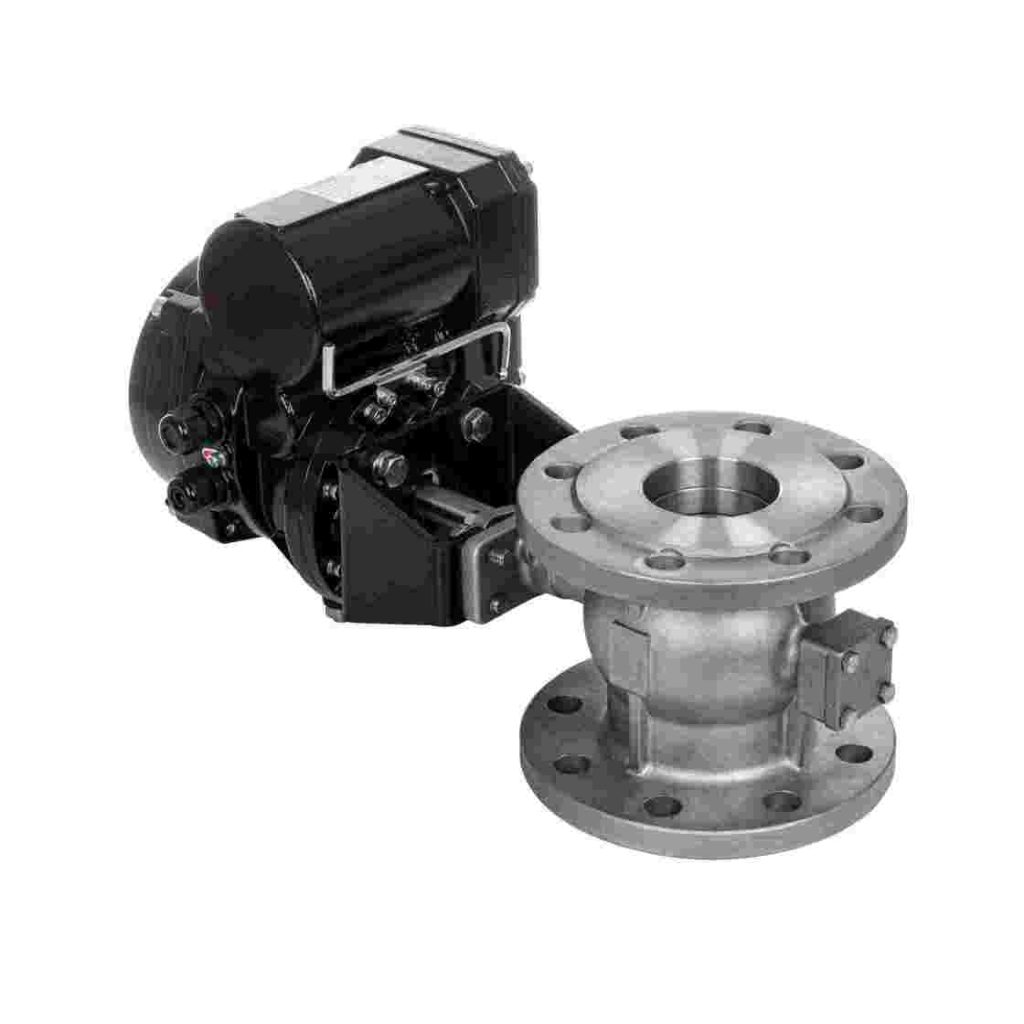Electric valves play a pivotal role in a wide range of industries, from water treatment plants to HVAC systems and oil pipelines. As the demand for automation and remote control continues to grow, the need for efficient and reliable electric valve solutions becomes ever more important. Electric valve manufacturers are at the heart of this technological shift, providing the essential components that enable industries to operate smoothly, safely, and with precision. In this article, we explore the role of electric valve manufacturers, the types of electric valves they produce, and the factors driving the growing demand for these crucial devices.

The Basics of Electric Valves

An electric valve is a type of valve that uses an electric actuator to control the flow of liquids or gases within a system. Unlike manual valves, which require physical operation by a user, electric valves can be remotely controlled and automated. This makes them ideal for applications where constant monitoring and adjustments are necessary. The actuator, which converts electrical energy into mechanical motion, is a vital part of the system, enabling precise control over the valve’s position. Electric valves come in various designs, with the most common being on/off valves, which are used to completely open or close the flow, and modulating valves, which adjust the flow rate based on a set point. This versatility allows electric valves to be used in everything from industrial manufacturing to energy production, water treatment, and even climate control systems.
